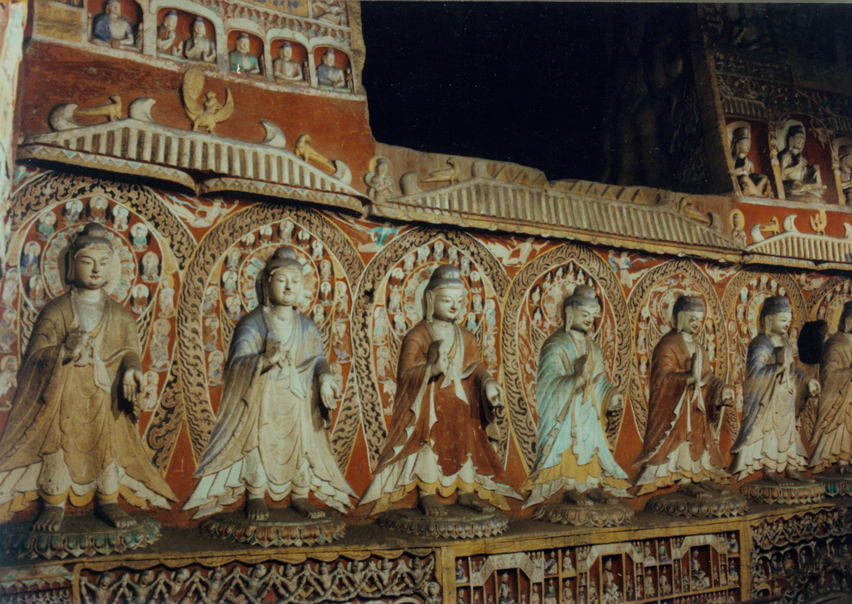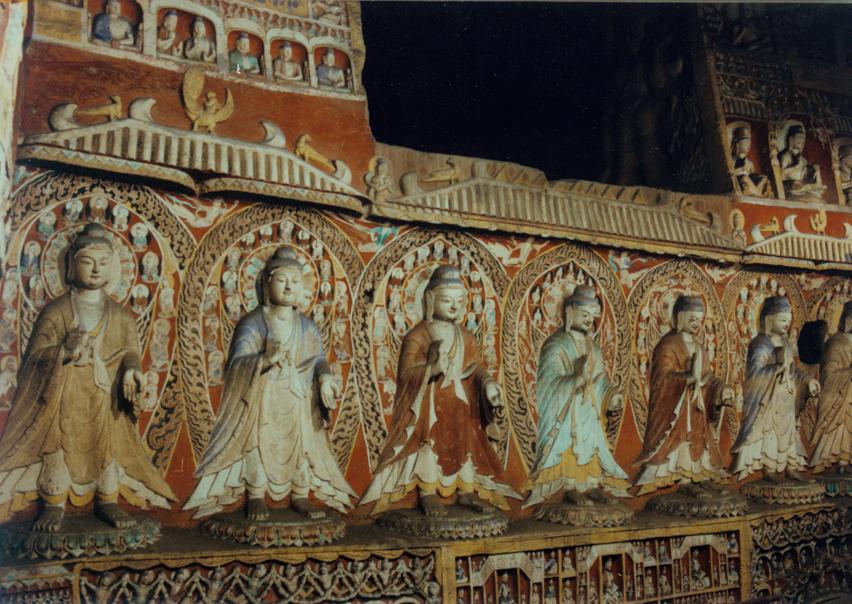
This photo shows the Yungang Grottoes in Datong City in north China's Shanxi Province.
BEIJING, July 23 (Xinhua) -- Datong, located in north China's Shanxi Province, is fast becoming a premier cultural destination for international travelers. In the first half of 2025, its tourism sector experienced robust growth after the city was included among the designated areas under China's expanded 240-hour visa-free transit policy.
According to the China·Datong Tourism Development Index Report for the first half of 2025 released by Xinhua Index Research Institute, the city's tourism development index reached a monthly average of 1,469.15 points, marking a 9.6 percent year-on-year increase.
To further enhance accessibility, a direct flight from Datong to Moscow was launched on July 6, making it easier for international visitors to explore this historic city.
A trip to Datong offers a deep dive into the richness of Chinese cultural heritage, the magnificence of artistic expression, and the profound integration of diverse ethnic groups.
As one of the key cultural settings in Chinese video game "Black Myth: Wukong", Datong has drawn attention for its rich artistic heritage. The city features six prominent historic sites, including the Yungang Grottoes, the Hanging Temple, and the Huayan Temple. These landmarks reflect centuries of ethnic integration and artistic excellence.
Datong is also a culinary hub. Famous for its knife-cut noodles, the city offers a wide array of local dishes such as mixed hotpot, juicy flower-shaped steamed dumplings, and braised mutton, earning it growing recognition as an international food capital.
To ensure a seamless experience for international visitors, Datong has enhanced its multilingual services. Scenic spots offer smart audio guides, English signage, and online ticketing in foreign languages. Foreign currency payment systems and multilingual staff are now widely available, making Datong a friendly and accessible destination for global travelers. (Edited by Yang Yajun, Yang Yifan with Xinhua Silk Road, yangyifan@xinhua.org)




 A single purchase
A single purchase









